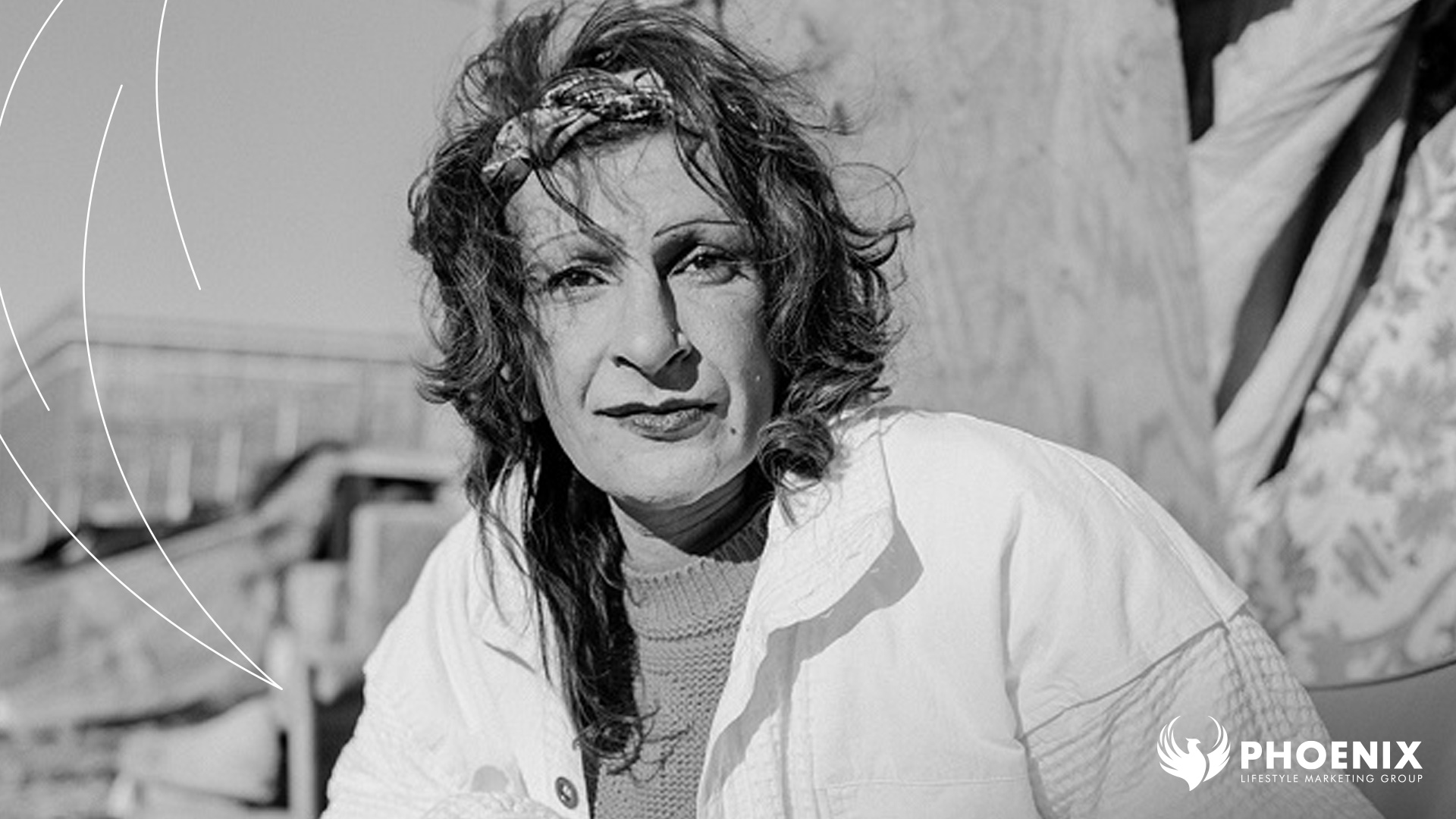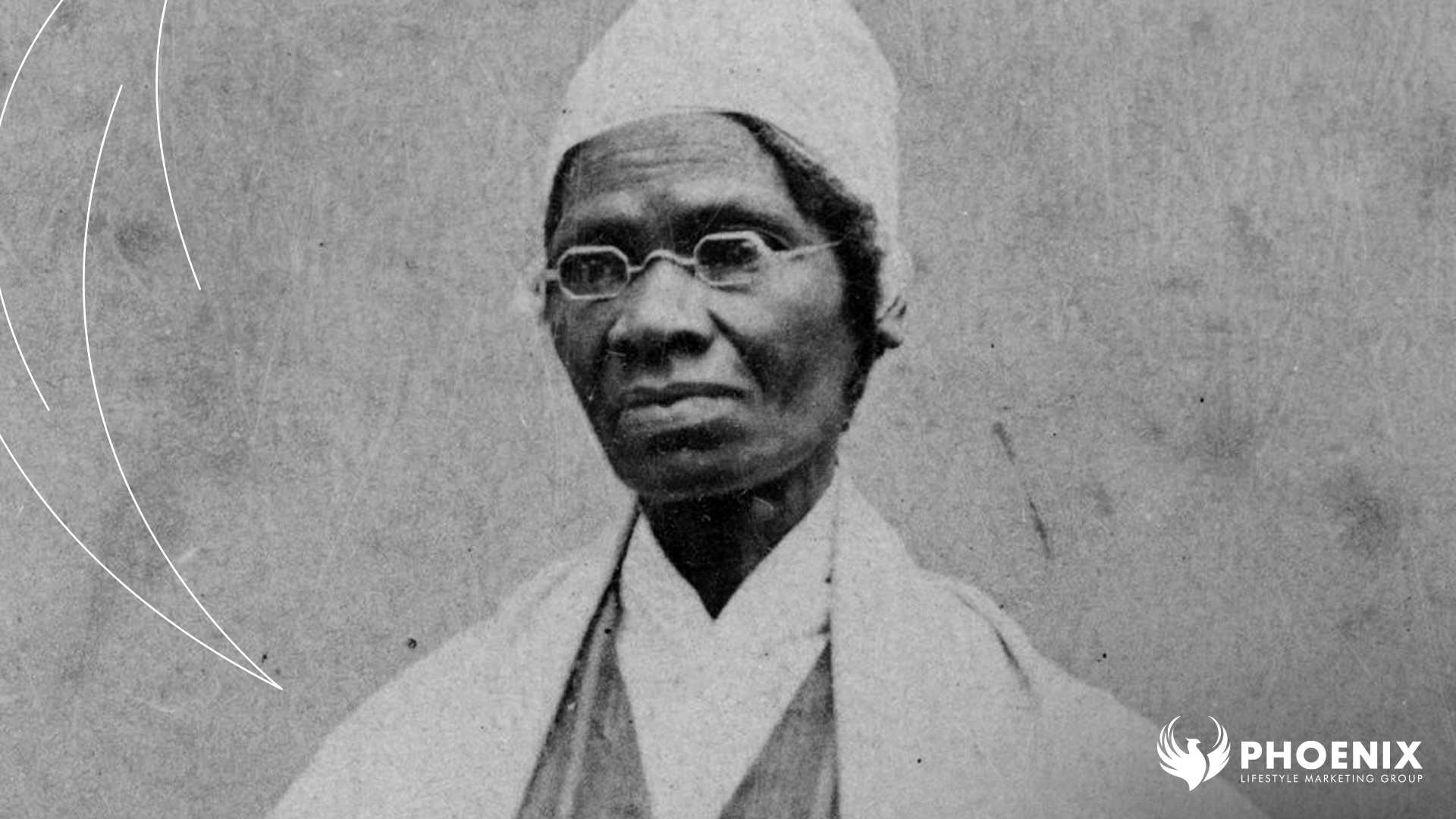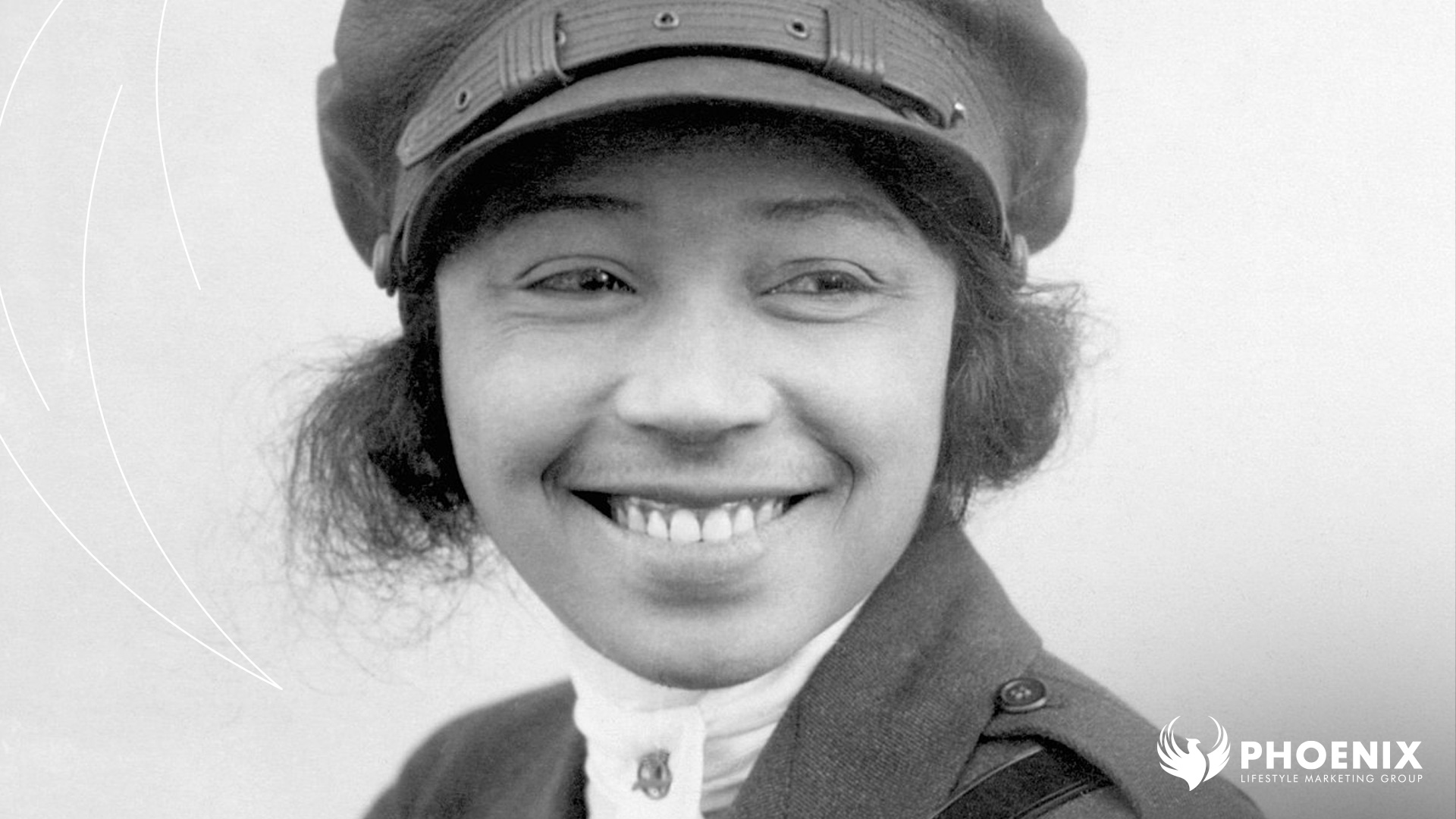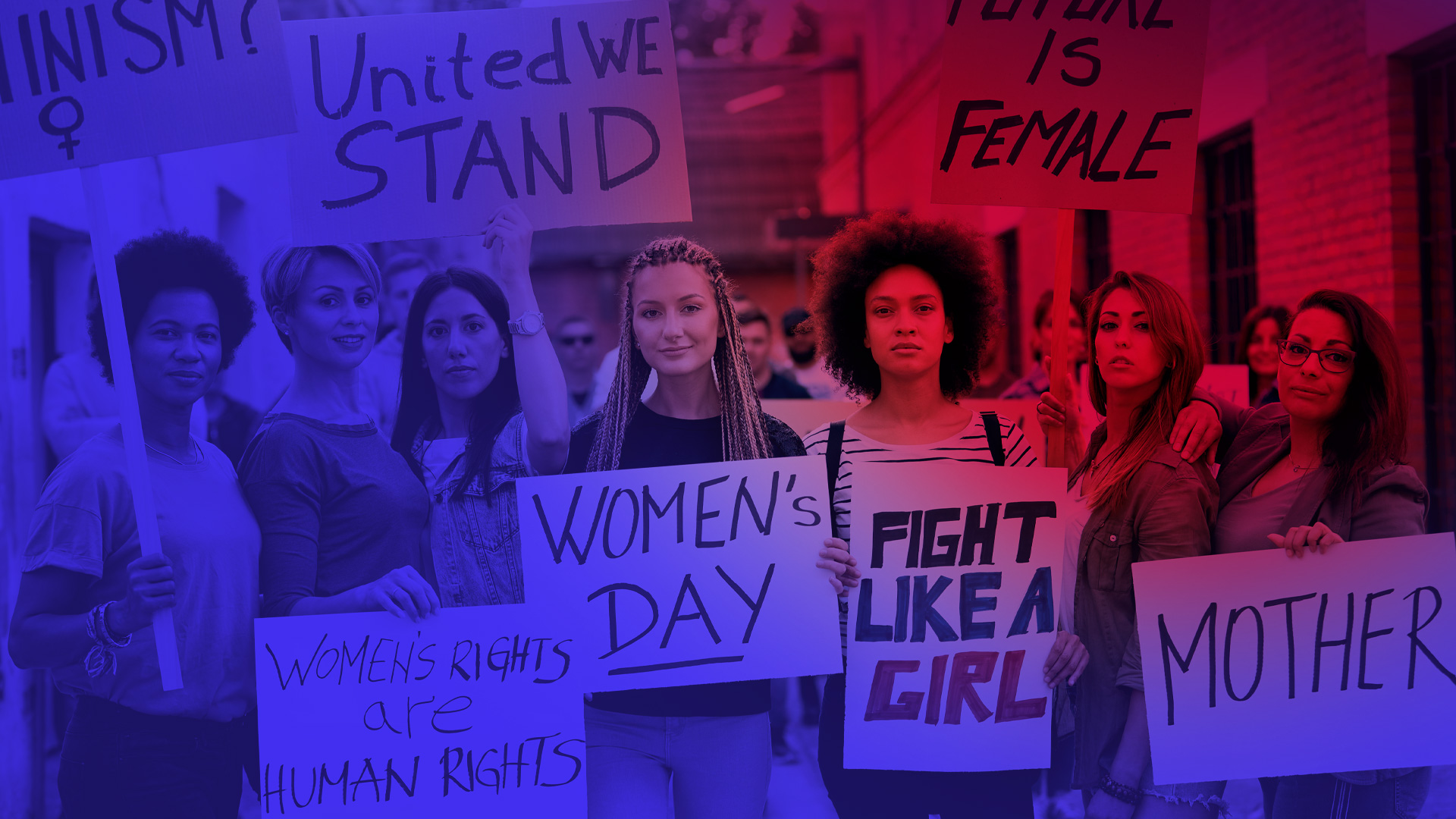Womxn’s Herstory Month
Womxn’s History Month began in 1978 as Women’s History Week in Santa Rosa, California. Intentionally coinciding with International Women’s Day, a worldwide celebration of women’s achievements meant to raise awareness and inspire change for women’s equality, it was a weeklong celebration of the contributions women made to American history. Nationally recognized as “Women’s History Month” in 1987, it is now celebrated across the U.S., with yearly themes related to the recognition and eradication of Women’s rights and equality issues becoming commonplace as a pillar of this celebration.
As a minority-owned, woman-owned business, The Phoenix knows that the suffrage and civil rights movements for womxn’s equality were led by womxn from all backgrounds and recognizes the past and present sacrifices that womxn, such as Sylvia Rivera, Sojourner Truth, Bessie Coleman and more, made have had a profound impact on womxn’s rights today.
Sylvia Rivera

Sylvia Rivera was a trans-rights activist from New York City that worked with the widely known Stonewall Inn uprising activist Marsha P. Johnson. A popular reference in gender, sexuality and womxn’s studies literature, Rivera fought for trans-rights, gay advocacy work and community welfare.
Sojourner Truth

Sojourner Truth was a women’s rights activist, abolitionist and proudly escaped former slave that advocated for equality throughout her life. Her 1851 speech “Ain’t I a Woman?” has come to be one of the most widely recognized poems in the United States, as she expounded upon the ideas of womanhood in relation to the widely preconceived notions of Black identity and its societal lack of an understood relationship with femininity.
Bessie Coleman

Bessie Coleman was first female of Native and African American descent in the United States to earn a pilot’s license. Born in a still-segregated Austin, Texas in 1892, “Queen Bess” learned French and earned her license at the Caudron Brothers’ School of Aviation in Le Crotoy, France in 1921. Known for fighting against segregation and refusing to speak in areas that discriminated against African Americans, Bessie led the charge in breaking down racial barriers in aviation.
As we celebrate Womxn’s History Month, we remember the sacrifices that womxn made in the past and strive to create an easier path to freedom and success for the womxn of the future.

